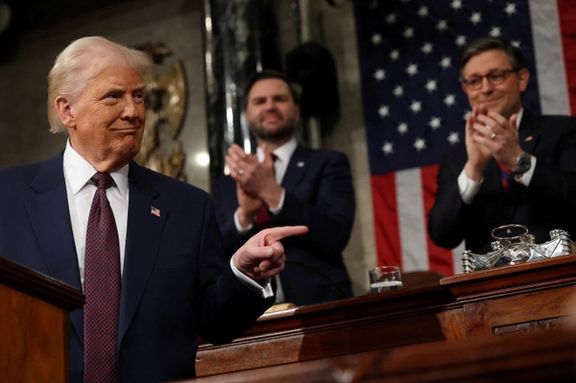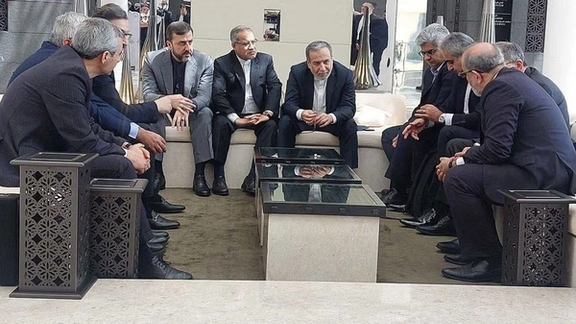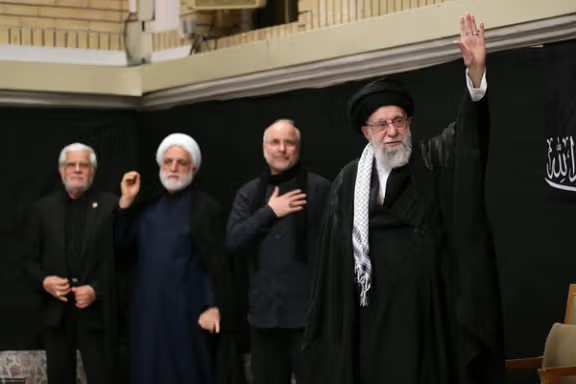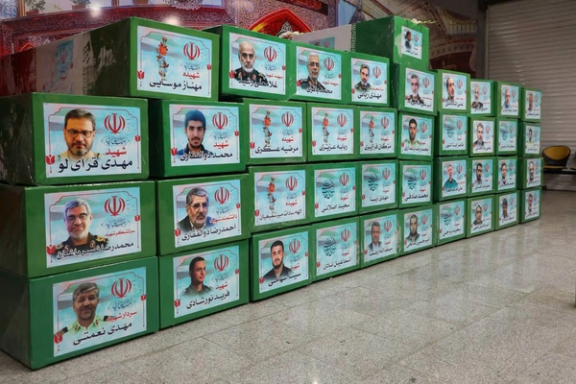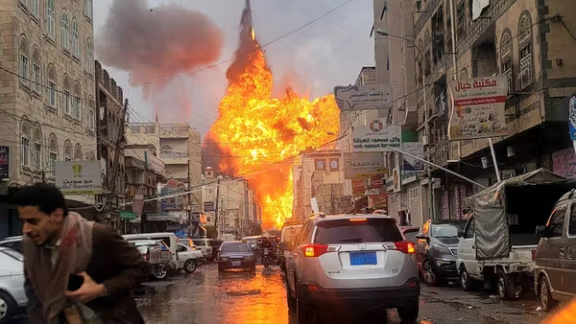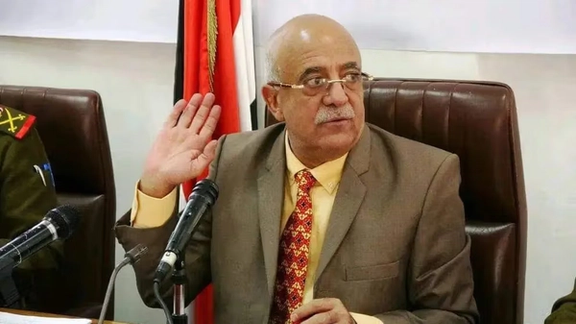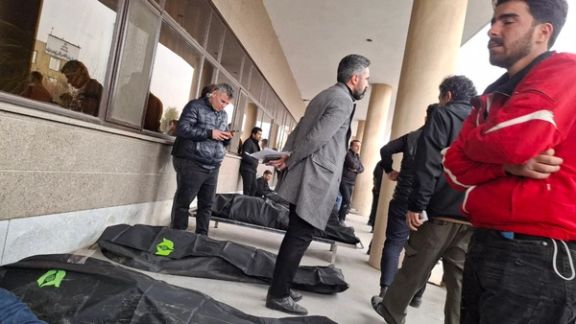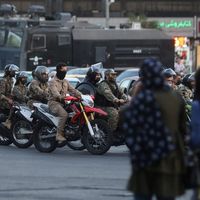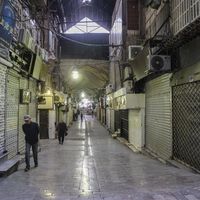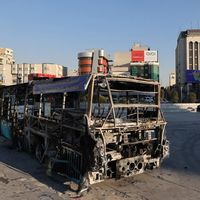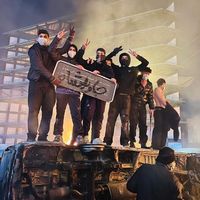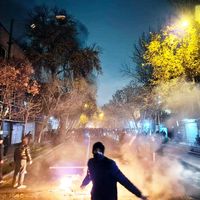Officials from Middle East countries pressed for answers after the strikes, but US embassies could only point to Trump’s public remarks, the Journal said, citing people involved in the talks.
The report said Trump has sidelined the National Security Council, slashed staff to under 150, and merged key roles. Secretary of State Marco Rubio now also serves as national security adviser.
“It is a top-down approach,” White House press secretary Karoline Leavitt told the Journal. “We don’t really care if your feelings are hurt. We just need to get a job done.”
“In many respects, the national security process has ceased to exist,” said David Rothkopf, a historian of the NSC. Trump, he added, effectively is the national-security system—“the State Department and the Joint Chiefs and the NSC all rolled into one.”
Some aides say the system cuts leaks and speeds decisions. Others warn it leads to confusion and leaves officials guessing what Trump wants.
'Every bomb hit its target'
The US struck nuclear sites at Fordow, Natanz and Isfahan using B-2 bombers and submarine-launched missiles. Trump later confirmed the use of 30,000-pound bunker-busting bombs that entered Iran’s underground facilities through ventilation shafts.
“They went right down those chutes,” Trump said. “Dark at night, no moon, no nothing. Every target, every bomb went right down.”
The operation, called Operation Midnight Hammer, was carried out with long-range aircraft and 52 aerial refueling tankers. General Dan Caine, chairman of the Joint Chiefs of Staff, said 14 Massive Ordnance Penetrators were used against Fordow and Natanz.
Iran tried to restart talks, got no answer
In the weeks after the strikes, Iranian officials said Tehran sent at least 15 messages to the US through various channels seeking to resume talks but received no reply, Iran International reported, citing senior diplomats.
European powers triggered the UN’s snapback sanctions process, citing Iran’s nuclear activity, and said US-Iran dialogue was key to delaying new penalties.
Trump told reporters in July he was in “no rush” to talk. “They would like to talk. I’m in no rush because we obliterated their site,” he said.
Iran’s top leaders remain opposed to direct talks. “Given America’s true objective in its hostility toward Iran, these issues are unsolvable,” Supreme Leader Ali Khamenei said this month.
